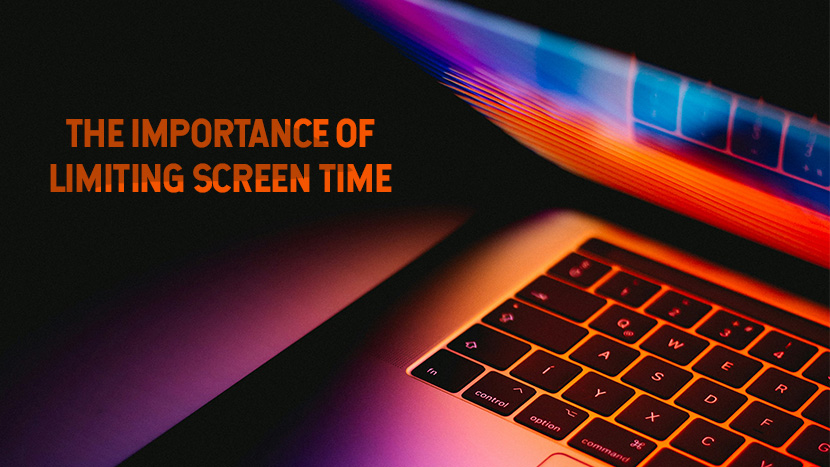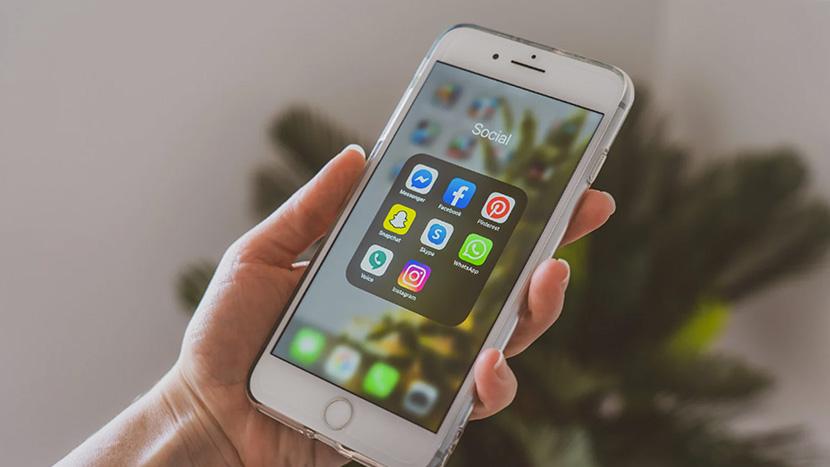The Science Behind Limiting Screen Time
Have you ever wondered why experts say limiting time spent looking at screens is essential? We live in a digital age, and there are screens everywhere. We use smartphones and laptops all day, but what does that mean for our health? Is it hurting us in any way? Let’s take a look at some of the science.
The Impact on Physical Health
Extended screen time can cause several physical health problems. One of the most common issues of staring at screens for too long is eye strain, also known as ‘digital eye strain’. This condition can cause discomfort, headaches, and even vision problems. Another result of hours spent in front of screens is poor posture, which usually leads to back and neck pain.
While some screen time can be fun, like watching videos or playing your favorite casino games on thepokies blog, it’s crucial to balance it with other activities to avoid these physical health problems.
Mental Health Consequences
Too much time in front of a screen can mess with your head. A lot of studies show that people who spend more time looking at screens have higher levels of anxiety and depression. On social media apps, many people feel like they’re not good enough or feel lonely because they compare their own lives to the lives they see online, which have been edited to look better.
The brain can also get stressed out from everything it’s taking in and reacting to every second (like notifications) – this is simply overstimulation of our brains. When this happens, it becomes harder to focus in general, and stress levels can increase. If this happens too often or long-term, it could affect daily life and overall mental health.
Effects on Sleep Patterns
Screens emit blue light, which stops the production of melatonin, a hormone that helps people sleep. If people see a screen before bed, they might have difficulty falling asleep or not sleep well. They might also sleep for too short a time. Not getting enough sleep at night is linked to weight gain, obesity, diabetes, and heart problems.
To get a good night’s sleep, try turning off all screens at least 1 hour before bedtime. This lets your body relax and get ready for rest.
Impact on Children’s Development
Youngsters are especially defenceless against the impacts of a lot of screen time: they may experience difficulty making friends as they invest less energy connecting with friends face to face and additional time in virtual universes. Also, high screen use has been related to issues paying attention, poorer scholastic execution, delays in cognizance, and poor academic performance.
To ensure sound development, balance your kid’s screen time with activities like getting outside, reading, playing games, and utilizing their creative energy.
Strategies to Limit Screen Time
Limiting screen time doesn’t mean eliminating it. Here are some practical strategies to help manage screen time effectively:
- Make Some Rooms Screen Free: Make some rooms in your home entirely off limits to screens, like the dining room, where you can sit and talk face to face.
- Create a Time Schedule: Determine how much time you are allowed to use a screen each day before it becomes overused, and then choose which hours of the day you can use it.
- Do Other Activities: If you play a sport after school, try painting, reading, or other activities instead of watching TV when you get home.
- Use Technology Wisely: Use apps and tools that monitor and limit screen time. These can provide insights into your screen habits and help you make necessary adjustments.
Conclusion
Screens are everywhere in our daily lives. However, to stay physically, mentally, and emotionally healthy, we must know how to use them. If we learn more about screen time scientifically and use some easy strategies, we can enjoy the best parts of technology while staying healthy. So the next time you realize that you’ve been looking at a screen for too long, think about how important it is to find a balance and make choices for a healthier life.


































































































